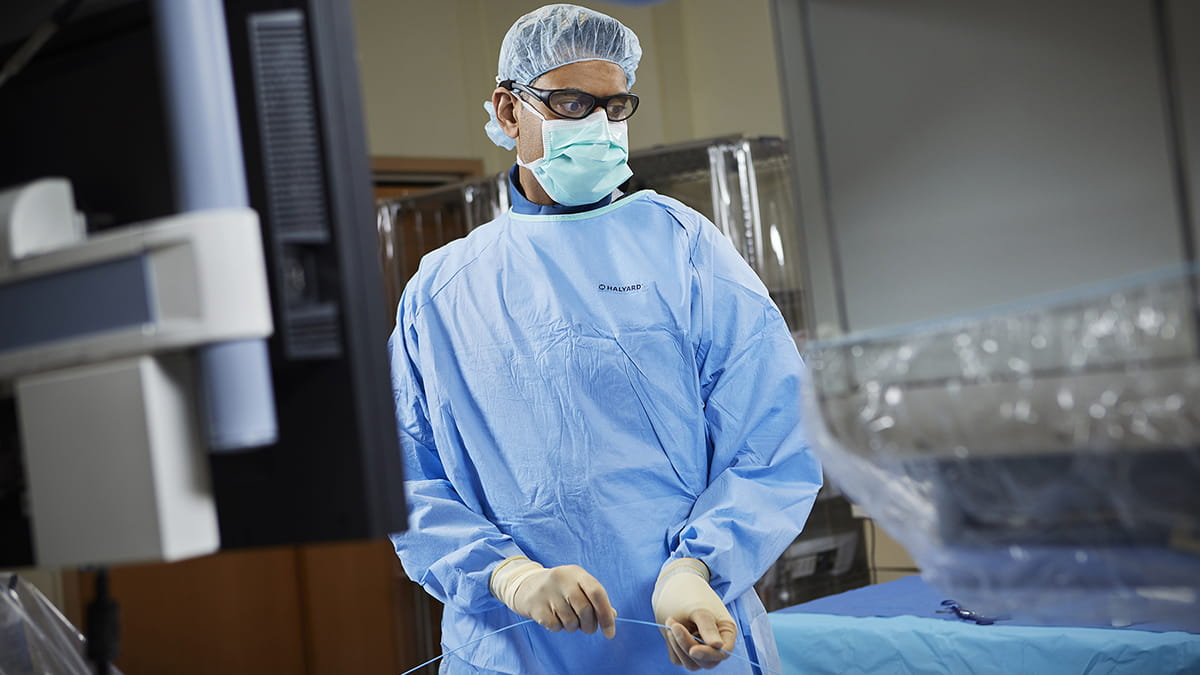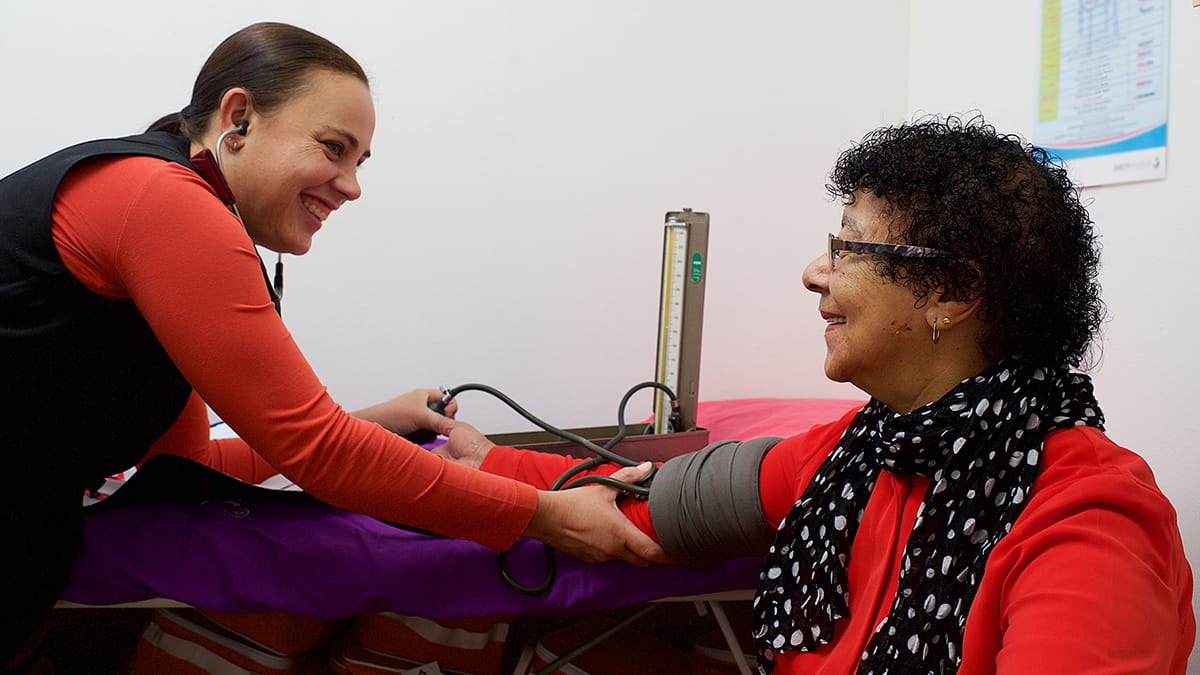Can you get pregnant with heart disease? Yes, but know your risks

When you have heart disease, becoming pregnant can feel worrisome, if not dangerous or impossible. For some women, their heart risk may seem so great that they’ve long ago put aside the idea of trying to conceive.
Fortunately, we continue to learn a lot about heart disease and pregnancy. Cardio-obstetrics is a growing field and, as with many areas of medicine, we’ve seen an exponential increase in our research and knowledge. Today, we have much more information to help us determine the risk of pregnancies with various heart conditions and what steps we can take to make them as safe as possible.
As a cardiologist, I specialize in adult congenital heart disease and pulmonary hypertension and have helped many women care for their hearts while carrying and delivering healthy babies. I know how life-changing it is for a woman with heart disease to conceive and deliver a baby she never thought possible.
I also know how important it is that she do this with the help of a dedicated multidisciplinary care team.
The number of pregnancy-related deaths in the United States has more than doubled over the last two decades, according to the American Heart Association; the main cause is cardiovascular disease. The most common cardiovascular issues we see are hypertensive disorders of pregnancy, including preeclampsia, gestational hypertension (high blood pressure) and chronic hypertension.
It’s crucial that we approach pregnancies with these and other heart conditions in a careful, deliberate and thoughtful manner.
If you’re a woman with congenital heart disease or a heart condition that has developed during your life, here are some key points you’ll want to consider if you’re thinking about becoming pregnant—or find that you already are.
Know your risks before you conceive
Obviously, this isn’t something you can do if you’re already pregnant, but if you have any question about how your heart may handle pregnancy—or whether conceiving is safe for you—then pre-pregnancy counseling is essential.
You’ll feel best about your decision when you’re most informed. Your cardio-obstetric team—which may include obstetricians, cardiologists, anesthesiologists, maternal fetal medicine specialists, geneticists, nurses and pharmacists—will weigh all of the factors alongside your possible pregnancy, delivery and postnatal care, and provide your individual risk estimate.
We let patients know that no matter what decision they make, their care team will be there to help them through it. We’re always weighing what’s best for mom and baby and trying to maximize the outcome for both.
Understand that your risks may have changed
You may be surprised to discover you have heart disease you didn’t know about. Even women who have had successful pregnancies may find that their risks have increased as they’ve gotten older. Time can reveal underlying heart conditions, or you may have developed a new heart condition. This isn’t necessarily cause for alarm, but you’ll still need to work with health care professionals to determine your risks before or during your pregnancy.
Have a plan for your pregnancy, delivery and postnatal care
If you have heart disease and find yourself pregnant, or if you’re pregnant and discover you have heart disease, you’ll want to meet with a care team as soon as possible to determine your course of care. These measures are also discussed during pre-pregnancy counseling.
You cardio-obstetrics team planning should include:
- Medications, testing and monitoring that you may need during your pregnancy. During pregnancy, your heart rate will increase and your blood pressure will drop as your blood volume increases up to 50%, causing swings that can be dangerous for those with certain heart conditions.
- Delivery plans, including where you’ll deliver. Labor and delivery lead to abrupt changes in blood flow, and your cardiovascular system has to adjust quickly. Some heart patients may require equipment not found in traditional labor and delivery rooms, and others may require interventions such as induction or cesarean delivery.
- What will happen in the six to eight weeks after delivery. Women with certain heart conditions have a greater risk of post-delivery complications and may require emergency medical care.
- Your long-term postpartum health plan. It’s important to continue to see your cardiologist regularly even after you’ve delivered your baby.
Listen to your body
If you have heart disease and a high-risk pregnancy, it’s important that you monitor how you’re feeling during and after your pregnancy and call your doctor if you experience any sudden changes. From a heart standpoint, symptoms of concern could include palpitations, chest pain, difficulty breathing or increasing shortness of breath. Being aware of your body and communicating changes to your medical providers should be a critical part of your care plan.
Above all, make sure you work closely with your cardio-obstetrics team, and don’t be afraid to share information and ask questions. The more we know ahead of time, the better we can prevent and prepare for complications to help get you and your baby safely through your pregnancy.
Elisa Bradley is a cardiologist at The Ohio State University Wexner Medical Center and an assistant professor in The Ohio State University College of Medicine.




